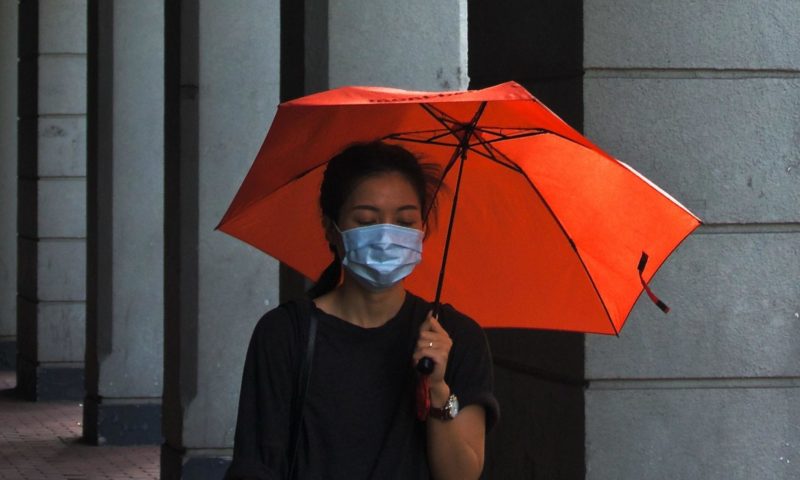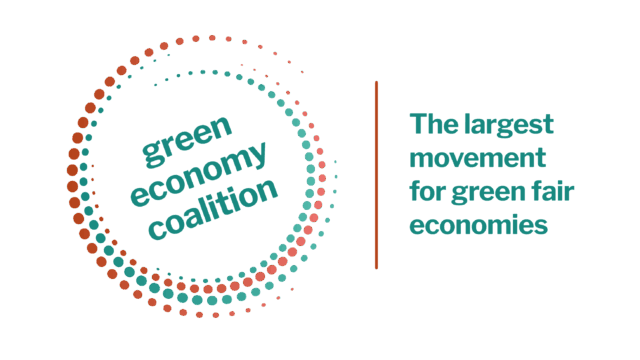COVID and the green economy: 5 insights
COVID-19 has changed the world. A year on from the first case in China, we take a step back and look at what it means for the green economy.

COVID-19 has changed the world. Here we take stock of the key insights for a green economy: Have economies been hit as hard as expected? How green is the recovery? Who are the un-usual suspects calling for system reform?
1. Economies have been even harder hit than all expectations
According to the IMF, “COVID-19 has had a more negative impact on activity in the first half of 2020 than anticipated, and the recovery is projected to be more gradual than previously forecast.”
COVID-19 has also worsened inequality. The poorest communities are being hit the hardest the world over. Public health systems and social protection schemes will encounter even greater pressure going forward.
Multilateral cooperation is proving essential. Liquidity assistance is urgently needed for countries confronting health crises and external funding shortfalls, including through debt relief and financing through the global financial safety net.
2. The Green Economy has emerged as one of the top solutions to the global crisis
Green spending is already shaping national and regional stimulus and recovery packages, with the EU leading the charge by doubling down on their Green Deal; while President Xi Jinping’s pledge to make China “carbon neutral” by 2060 has signalled a complete shift in the soon to be released Five Year Plan; and a host of countries have earmarked large green stimulus packages. For example, one-third of France's post-Covid package is going on green stimulus; South Korea has allocated $52bn, equivalent to about 15% of its recovery package, on green funding, over the next five years; while Sweden has issued a green state credit guarantee for industrial investments.
However, green stimulus has been largely carbon focused, generally on low carbon transport, retrofitting homes, large investments in renewable energy. While there have been some innovative programmes for reforestation and biodiversity restoration, these tend to be one-off efforts.
Green stimulus is also going hand-in-hand with brown economic investment and is focused on a short-term horizon according the latest economic analysis: “most countries have continued to supply unconditional support to polluters across environmentally-intensive sectors”.
3. Government is back in favour but the social contract is under considerable pressure from all directions
According to the Edelman Trust Barometer, globally, government trust surged 11 points to an all-time high of 65 percent, making it the most trusted institution for the first time in their 20 years of study.
However, as COVID-19 infections are likely to continue to surge in waves going forward, the tension between economic health vs public health is rising. According to Carnegie Foundation, since March, more than 30 major protests in 26 countries have targeted coronavirus restrictions: “The demonstrations have emerged in every region of the globe, not only in wealthy countries like Australia, Germany and the United States, but also in poorer ones like Brazil, Mexico and Nigeria.
At the same time, marginalised and vulnerable communities are hitting the streets to tackle issues of systemic racism and inequality through movements such as Black Lives Matter.
4. There have been winners and losers in the business and finance world
Oil prices fell dramatically in the early stages of COVID-19 and have only partially regained pre-pandemic price levels, while metal prices declined relatively modestly and have returned to levels that preceded the shock. Agriculture prices were relatively unaffected by the pandemic, but the number of people at risk of food insecurity has risen as a result of the broader effects of the global recession.
Large global businesses are reporting a positive outlook despite the global economic downturn generally; and companies with high ESG ratings have performed better during the crisis.
However, small enterprises face a very uncertain future. According to the OECD "at least two of three jobs at risk are in an SME, and more than 30 percent of all jobs at risk are found within microenterprises consisting of nine employees or fewer".
5. The call for “system reform” is coming from both usual and unusual suspects
The World Economic Forum is leading a big push on the ‘Great Reset’–focusing on moving ‘from shareholder capitalism to stakeholder capitalism’. Economists such as Joseph Stiglitz are calling for “a comprehensive rewriting of the rules of the economy". National ‘Build Back Better’ campaigns have emerged across the world and climate / youth campaigning is increasingly turning to legal institutions to move protest into policy.
If you have key data points you would like to share or insights on COVID and the green economy, do get in touch with us.


